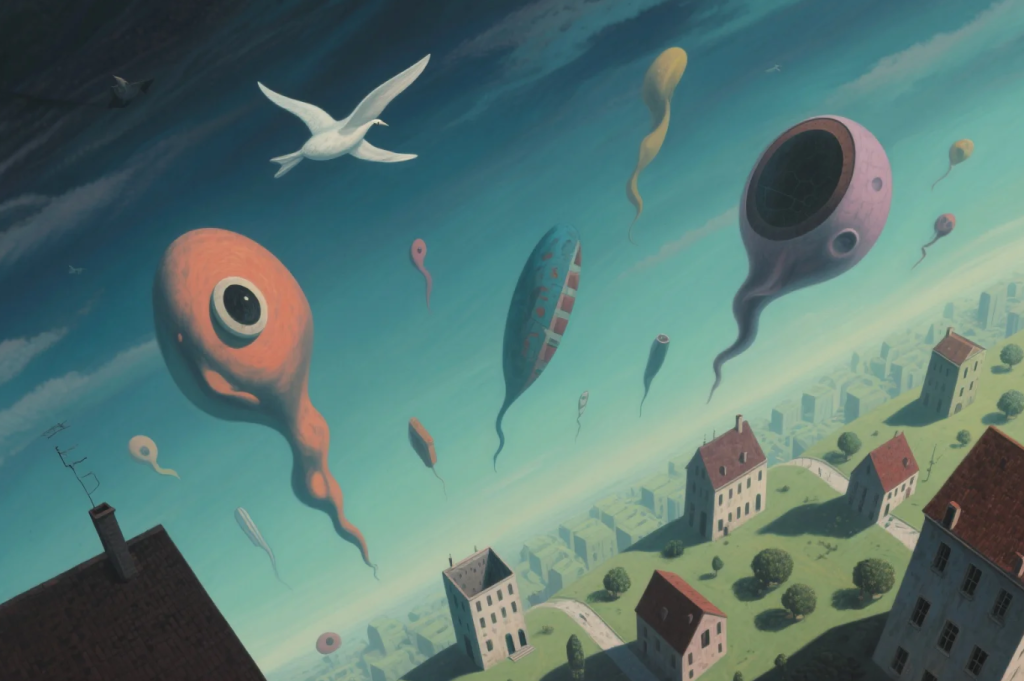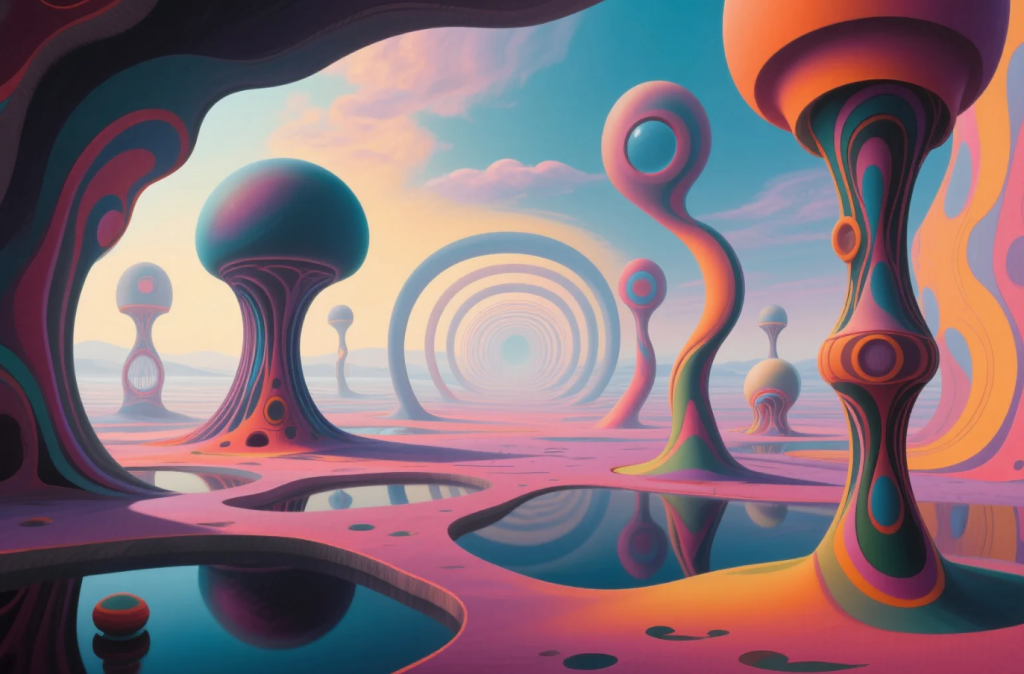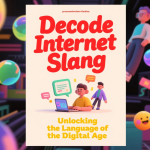In recent years, the idea that our universe might be a simulation has transitioned from fringe philosophy to a serious topic of discussion. Instead of focusing on the usual arguments around advanced civilizations or technological limits, this article takes a fresh look at what the simulation hypothesis might imply for our understanding of existence, creativity, and scientific inquiry.
Reframing the Question: What Does “Simulation” Really Mean?
When we say “simulation,” we often imagine a virtual reality created by computer code, like a video game or movie CGI. But what if the concept of simulation is broader? In a philosophical sense, a simulation could be any system that replicates reality by following a set of rules or algorithms — whether digital, analog, or even biological.
For example, consider a fractal pattern in nature: it’s a kind of “simulation” of complexity derived from simple mathematical formulas. Similarly, life itself could be viewed as a self-organizing “simulation” emerging from physical laws, rather than something artificially constructed.
This broader definition challenges us to rethink the nature of reality, not just as “real” vs. “fake,” but as layered and dynamic, where simulations can exist within simulations.
The Role of Information and Computation in Reality
Modern physics increasingly describes the universe in terms of information processing. Some scientists argue that everything, from matter to energy, can be understood as information states evolving over time — essentially computation.
If reality is computational, it doesn’t necessarily mean it’s an artificial simulation. Instead, it may imply that computation is the fundamental language of the cosmos, making us participants in a vast natural process that resembles a simulation but is intrinsic to existence itself.
This view opens up new research directions: can we detect “computational footprints” in physical phenomena? Could black holes, quantum fields, or the structure of space-time reflect some form of cosmic information processing?
The Mystery of Physical Laws: Designed or Emergent?
Another key question related to simulations is the origin of physical laws. In traditional simulations, programmers define rules — gravity, electromagnetism, etc. But what if the laws of physics emerged spontaneously rather than being programmed?
Some physicists propose that the universe’s constants are “fine-tuned” for complexity, hinting at either design or self-organization. If fine-tuning arises naturally, it would suggest a self-simulating universe, where physical laws evolve in a feedback loop with the structures they govern, resembling a form of natural computation rather than artificial simulation.
This perspective avoids the binary of simulation vs. reality and points to a continuum where the universe is simultaneously “computational” and “organic.”
Simulations in Science: Tools, Not Realities
Scientists today routinely use simulations to understand complex systems — from climate change models to galaxy formation. These simulations are simplifications, designed to help us predict or visualize phenomena, not to create reality.
This raises an intriguing question: could our universe be the ultimate scientific simulation, created as a research tool by beings with motivations beyond our comprehension? Or are we part of a meta-experiment designed to test hypotheses about consciousness, matter, or evolution?
While this is speculative, it highlights how scientific modeling blurs the line between “real” and “simulated,” reminding us that all knowledge is a kind of simulation, a map rather than the territory.

Ethical Dimensions of a Simulated Existence
If we accept that simulation — in whatever form — underpins reality, what ethical responsibilities arise?
- Should we consider the welfare of simulated beings (ourselves and others) seriously?
- Does knowing our reality might be artificial lessen our moral obligations, or strengthen them?
- If future civilizations create simulations, should they adhere to ethical guidelines to prevent suffering?
These questions resonate with current debates in AI ethics and digital rights, suggesting that the simulation hypothesis isn’t just metaphysics, but a practical concern as technology advances.
Simulation and Creativity: Is Our World an Art Project?
Moving beyond science and philosophy, the simulation hypothesis invites us to consider creativity as a cosmic principle.
If reality is in some way simulated or computational, it could be the expression of a creative intelligence — an artist, or a collective consciousness — using the universe as a canvas. This idea echoes mystical and spiritual traditions that view the cosmos as a living artwork.
In this light, every act of human creativity becomes a microcosm of the universe’s creative process, and questioning our reality is part of an ongoing dialogue between the creator and the created.
Can We Detect the “Simulation”?
Many thinkers have proposed ways to test the simulation hypothesis, but with limited success. Instead of searching for glitches or pixelation, we might look for fundamental limits to complexity or anomalies in natural laws.
Another approach involves consciousness studies: if simulated minds differ in subtle ways from biological ones, advances in neuroscience and cognitive science could eventually reveal discrepancies.
Alternatively, breakthroughs in quantum computing or cosmology might uncover patterns or “signatures” indicative of computational architecture.
Currently, these ideas remain theoretical but motivate exciting interdisciplinary research at the intersection of physics, computer science, and philosophy.
A Practical Takeaway: Living with the Possibility
Whether or not we live in a simulation, embracing the question enriches our worldview. It encourages humility, curiosity, and a recognition of the limits of human knowledge.
Instead of fearing the implications, we can see the simulation hypothesis as an invitation to explore deeper questions about consciousness, reality, and our place in the cosmos.
Ultimately, it challenges us to create meaning in whatever form our existence takes, whether programmed or spontaneous.
Beyond the Simulation Debate
The simulation hypothesis is more than a provocative thought experiment. It’s a doorway to new ways of thinking about reality, information, ethics, and creativity.
By expanding the notion of simulation beyond computers and programmers, we open up a richer dialogue that bridges science, philosophy, and spirituality.
No matter where you stand on the question — simulation or not — pondering it helps cultivate wonder, awe, and a deeper appreciation for the mysterious fabric of existence.


